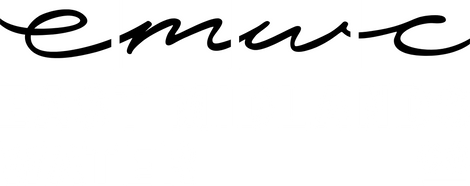What is a water filter?
According to Wikipedia, a water filter will remove impurities from water by means of a fine physical barrier, a chemical process or a biological process.
Why do people have a water filter?
We think nothing of turning on the tap at the kitchen sink and drinking what we think is a glass of pure water. Water from your tap hasn’t necessarily fallen as rainwater which has then been purified enough to drink. Much of the water that comes into our houses is being re-used. It’s basically dirty water that gets cleaned up – sometimes as many as 17 times! Water is very clever at picking up chemicals and dissolvable nasties on its journey to our homes through earth and atmosphere. If you want to be sure that the water you drink is clean, free from chemicals and impurities and tastes (and smells) as good as possible, you should use a water filter.
Water filters use two different techniques to remove dirt. Physical filtration ‘strains’ the water to remove larger impurities – a bit like a sieve for water but in a much finer form. Chemical filtration involves passing the water through an active material or medium that removes the impurities as they pass through the filter.
Early water filters first appeared in the UK in the 19th century which were simple urns with sand filtration. Later this sand was replaced with carbon or charcoal filters – a technique that continues to this day. Simple water filtration is done by filling a jug and storing until the water is required. The more effective water filters allow mains water to flow through a filter casing at the turn of a tap; literally filter water on tap, filter water on demand.
All water filters will require their filter mechanism changing during their lifetime. Some can be as frequent as monthly and others will last much longer.
People with certain medical conditions should ensure that their drinking water is as pure as possible. A good water filter will remove/reduce the following nasties (although it should be noted not all filters will..)
- taste, odour,
- aluminium, antibiotics
- chlorine, chloride, chloramines, herbicides, hormones, lead
- oestrogens, organic chemicals, pesticides, perfluoroctane sulphonate (PFOS)
trihalomethanes.
